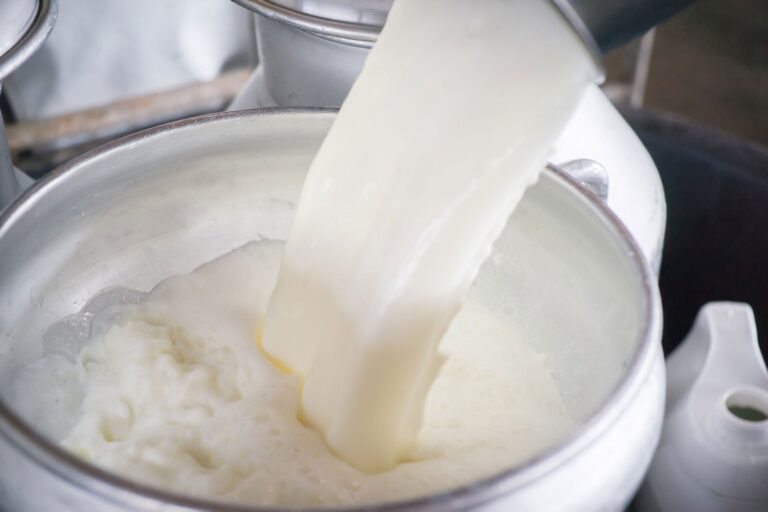The U.S. Dairy Export Council and National Milk Producers Federation have expressed strong disappointment following Colombia’s preliminary ruling to impose tariffs on U.S. dairy products.
The ruling claims U.S. milk powder exports were unfairly subsidized, a charge both organizations reject as baseless. USDEC and NMPF are calling on U.S. trade officials to take swift action to challenge Colombia’s decision and protect American dairy farmers and exporters.
Colombia’s government has proposed an additional 4.86 percent tariff on U.S. milk powder exports. USDEC and NMPF, along with their allies in Colombia, have worked to prove that U.S. milk powder exports are not subsidized and that the real challenges facing Colombia’s dairy industry stem from internal issues. Even the Colombian government has acknowledged that “many elements currently affect the Colombian dairy sector.”
“This decision is deeply concerning,” said Krysta Harden, president and CEO of USDEC. “Colombia is using politically motivated claims to impose protectionist trade barriers, which will ultimately hurt not only U.S. exporters but also Colombian businesses and workers who depend on U.S. dairy products and ingredients. The U.S. government must respond quickly and firmly to make it clear that such tactics will not be tolerated.”
Gregg Doud, president and CEO of NMPF, echoed the sentiment: “These preliminary findings show that Colombia’s government is disregarding its trade commitments. Rather than working cooperatively with the U.S. to resolve this issue, Colombia has chosen to move forward with a meritless investigation. The U.S. government must use every tool available to oppose these unjustified tariffs.”
The Colombian government has yet to provide evidence that U.S. milk powder exports harm its dairy producers or that government support for U.S. dairy farmers leads to lower prices. This case mirrors previous actions by Colombia, including similar disputes involving U.S. ethanol exports and unjustified bans on U.S. poultry and beef imports.
The investigation will now enter its next phase, with further evidence collection and a public hearing scheduled near the end of the review period. The preliminary 4.86 percent tariff will be in place for four months, and if upheld, the final tariffs could last up to five years before review.


:max_bytes(150000):strip_icc()/CattleInPasture-MediumShot-2000-006ea236d06949f8992c7c35d9ad26a0.jpg)
:max_bytes(150000):strip_icc()/iStock-501199714-2000-a12af4b2f0e646279967cc184628eea8.jpg)





:max_bytes(150000):strip_icc()/1-15159babad60407fb4f33de72f6d899c.jpg)
:max_bytes(150000):strip_icc()/46495119094_d2bc74feb9_o-2000-5b4c22e8d6b94a8cbafaea4e3819967d.jpg)
:max_bytes(150000):strip_icc()/wade-boeshans-executive-vice-president-of-summit-carbon-solutions-testifies-april-22-2024-in-mandan-north-dakota-during-a-public-service-commission-hearing-photo-by-kyle-martin-for-the-north-dakota-monitor--ff7282b7c3e747d082717cc6eafeaa49.jpg)